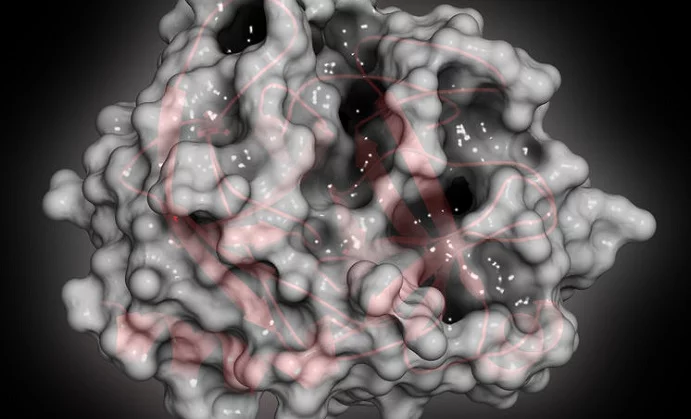What Are Digestive Enzymes?
Digestive enzymes are proteins naturally made by your body that break down the food you consume for nutrient absorption. There are 6 main enzymes that each have their own place in the digestive process.
- Amylase – This enzyme, commonly found in saliva, starts the breakdown process of food while it is still being chewed.
- Pepsin – Once chewed food hits the stomach, this enzyme helps break apart the proteins found in food.
- Lipase – Also released in the stomach, this enzyme works on breaking apart fatty acids in foods.
- Cholecystokinin – Once the broken down food begins its journey through the small intestine, this enzyme contracts, causing the gallbladder to release bile.
- Lactase – Also found in the intestine, this enzyme targets the sugars found in dairy products. People who are lactose intolerant lack this enzyme.
- Trypsin – The last of the enzymes, also found in the small intestine, breaks down proteins to the amino acid level for full absorption.
Digestive Enzymes and IBS
Because these enzymes are what help with the breakdown of food, it makes sense there would be a connection to helping people with Irritable Bowel Syndrome. By taking supplements with extra enzymes in them, they can help aid digestion which could help ease symptoms of IBS.
So far, there have been two main studies regarding the benefits for people with IBS to take these supplements. The first study was a double-blind study that looked at almost 50 people with IBS, whose main symptom was diarrhea. For 6 weeks, half of these people took a supplement with lipase in it, while the other half took a placebo. Afterwards, the study went for another 6 weeks in which the two groups switched which pill they took. Around 61% of patients claimed to see an improvement in the various IBS symptoms when they were taking the supplement with the enzyme inside.
The second study included 90 people, in which they had a group taking a supplement with beta-glucan, inositol, and digestive enzymes, while the other group was not given anything to take. While the group taking the supplement did see an improvement on some of the IBS symptoms, like gas and bloating, this supplement did not improve all of their symptoms. Also, because this was not a true placebo study, more studies of the kind are needed to truly verify the results.
Concerns With Taking Digestive Enzyme Supplements
Because digestive enzymes are proteins, and the enzymes already in your system are made to break down proteins, the supplements have the potential to be broken down before they are able to actually help. Also, like with all dietary supplements, there are no FDA standards for what ingredients or dosages must go into each supplement.
There are currently only two digestive enzyme supplements on the market that are backed by research. Lactase (commonly known as Lactaid) and alpha-galactosidase (commonly known as Beano), are both proven to help with different parts of digestion. People who are lactose intolerant, a common symptom of IBS, can take lactase which helps digest the sugars in dairy products and can decrease bloating and stomach cramps. Alpha-galactosidase can help break down the fiber in beans and other fibrous vegetables to decrease the amount of gas produced in the digestion process.
There are also side effects noted with taking digestive enzymes. These can include constipation, nausea, diarrhea, and cramps. If you are already suffering from these symptoms from IBS, it may be counterproductive to take one of these supplements, which can increase your symptoms.
Conclusion
The most important thing to remember that every case of IBS is different. While some research has shown that digestive enzyme supplements help with IBS symptoms, more research needs to be done to find conclusive evidence. As always, consult with your doctor before starting any new IBS treatment.
Do you want to find an effective IBS treatment? Check out our top rated IBS products












